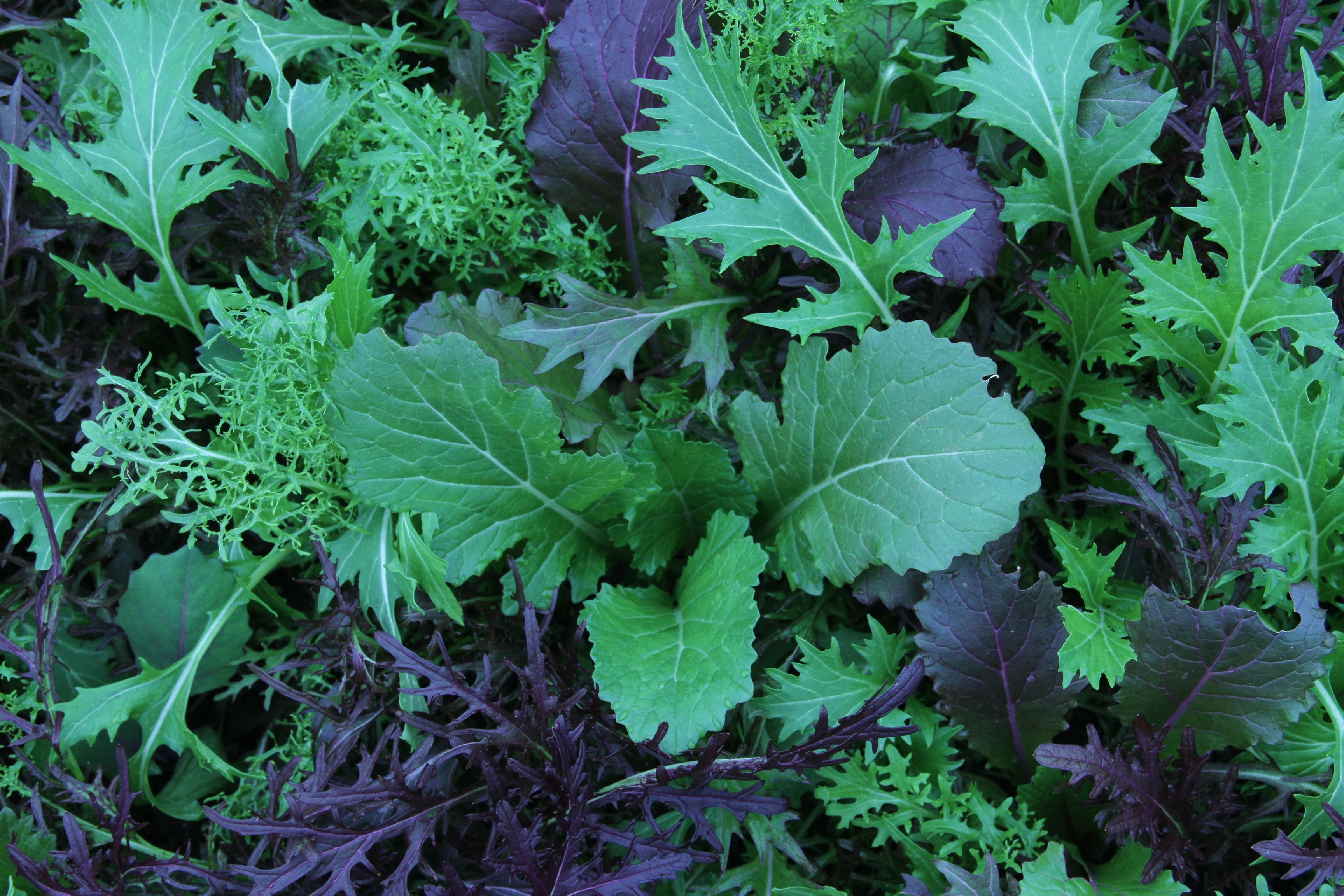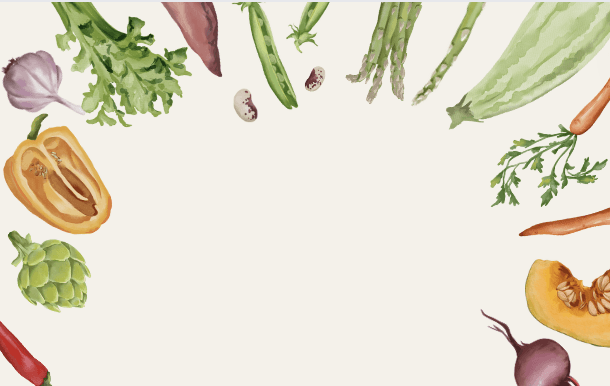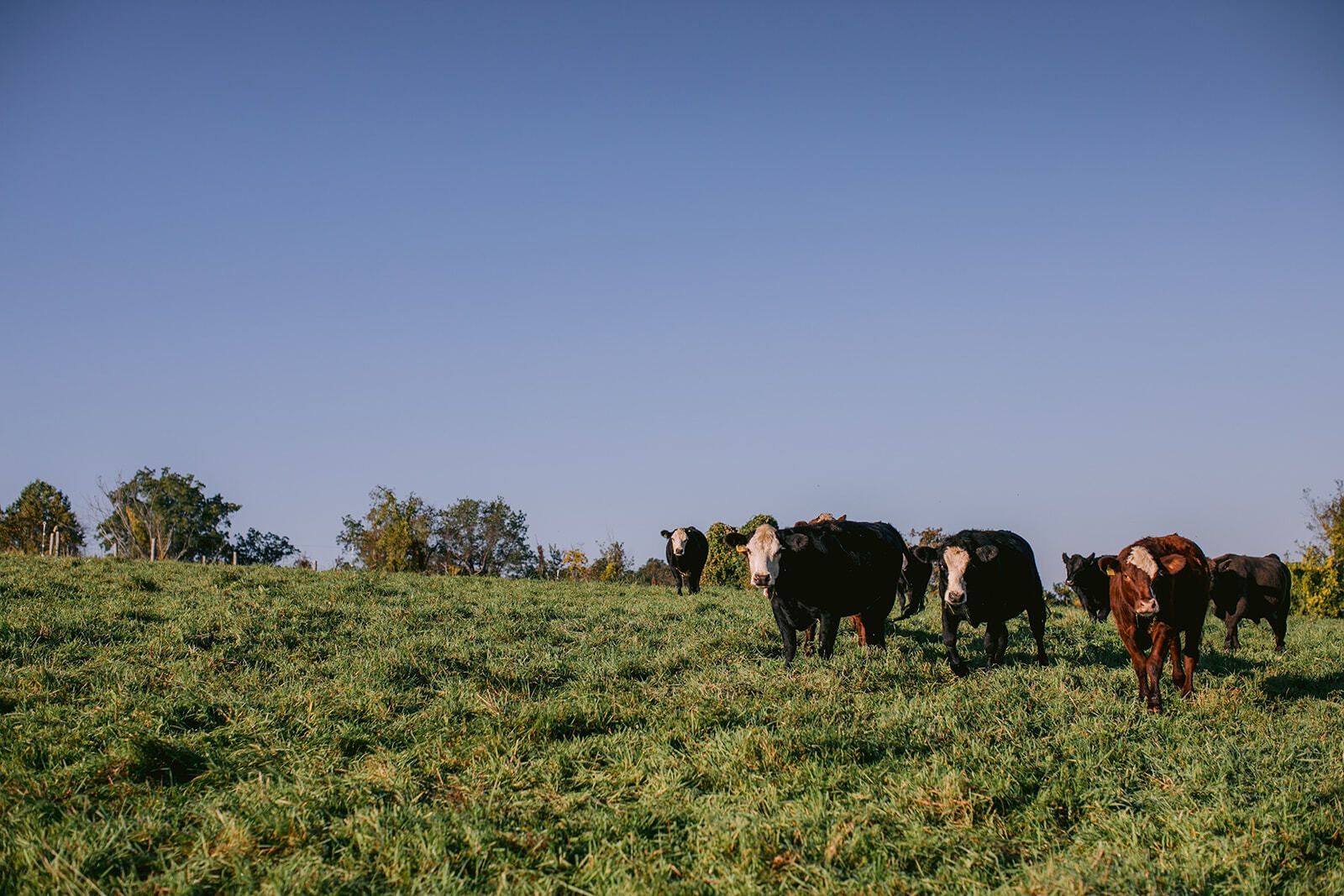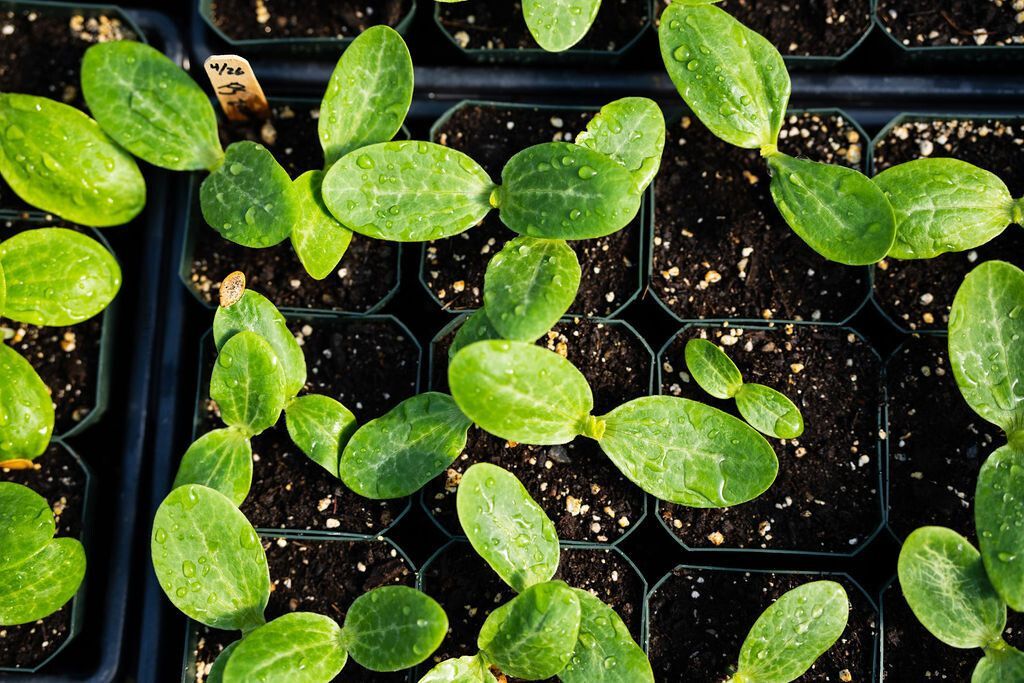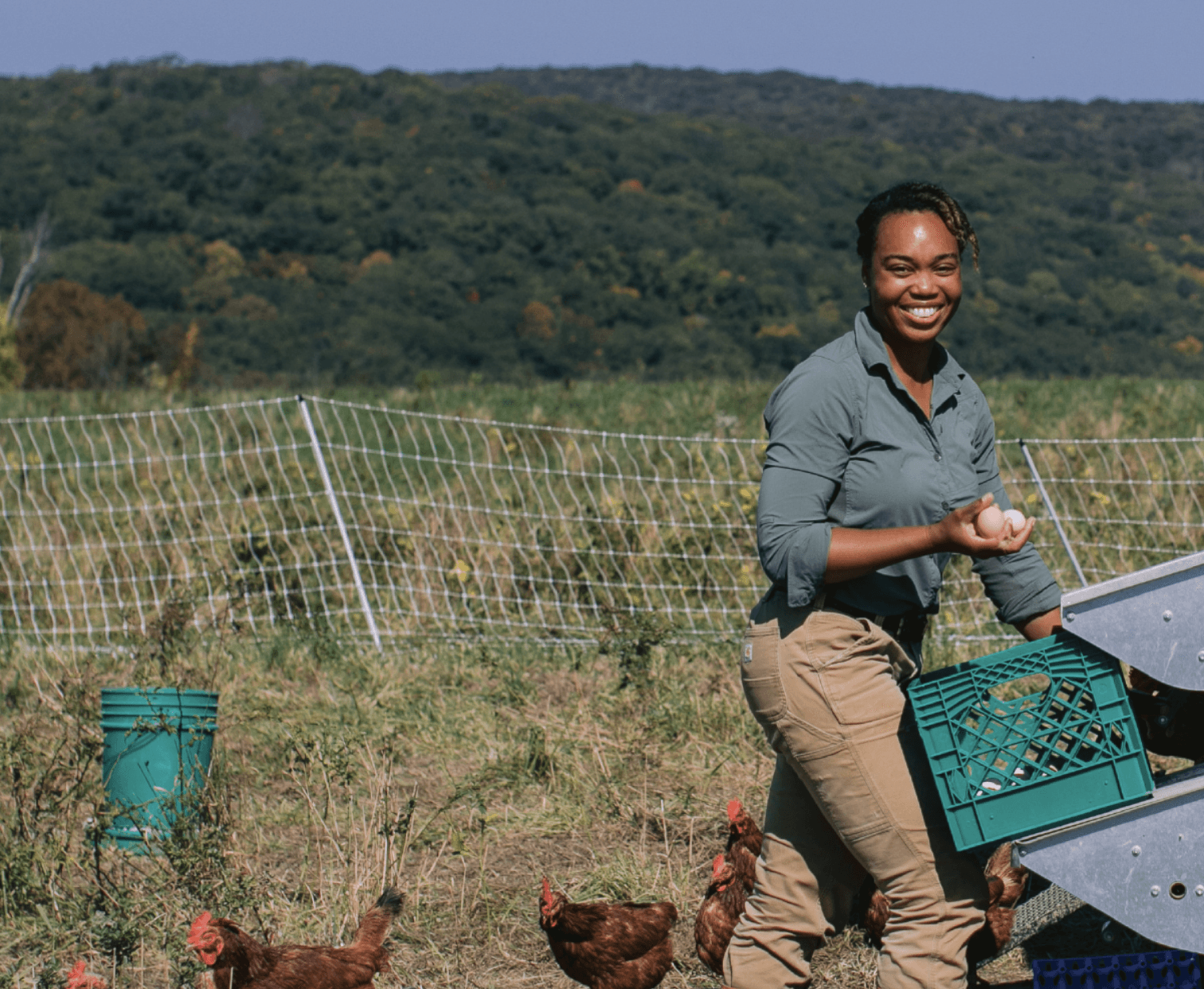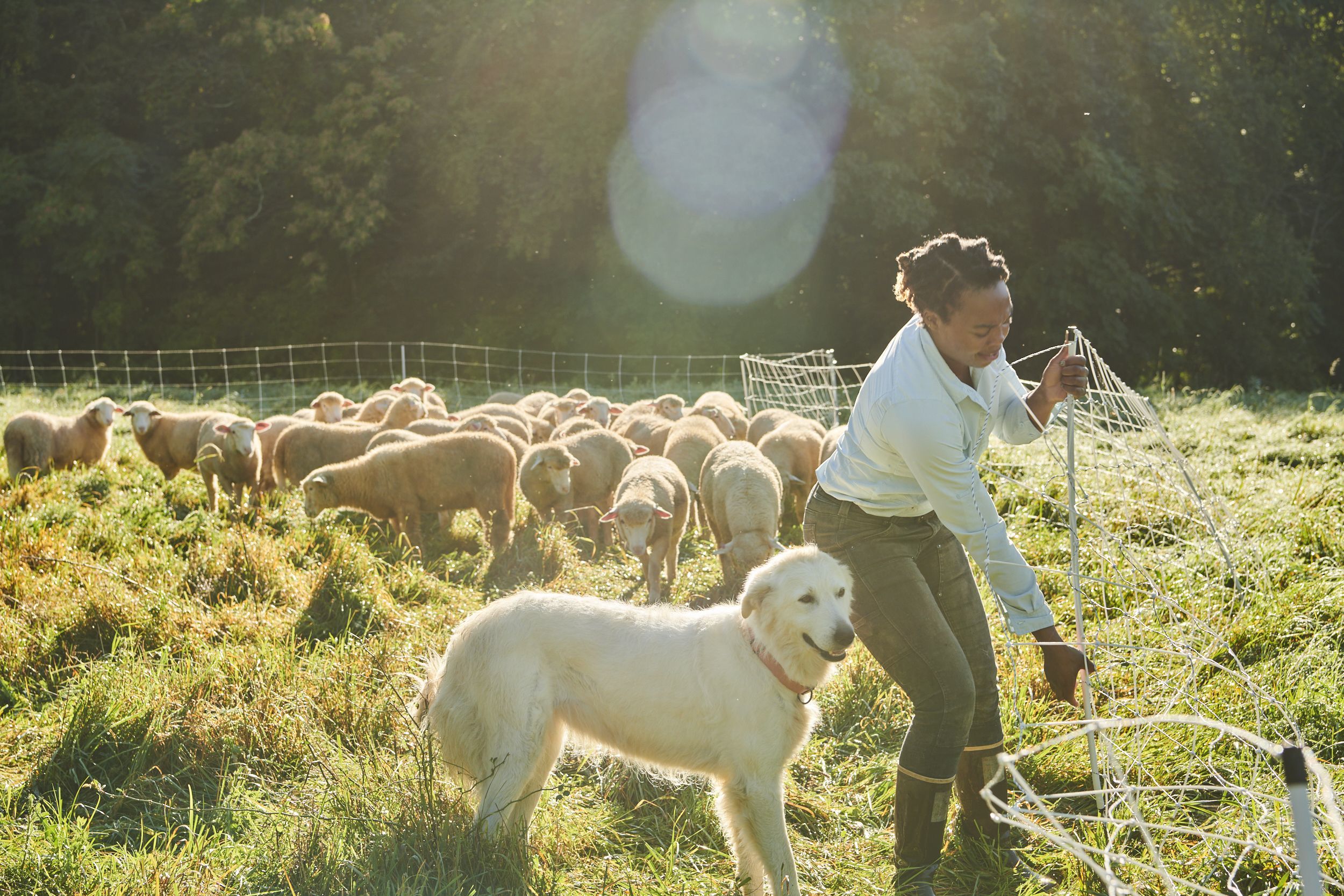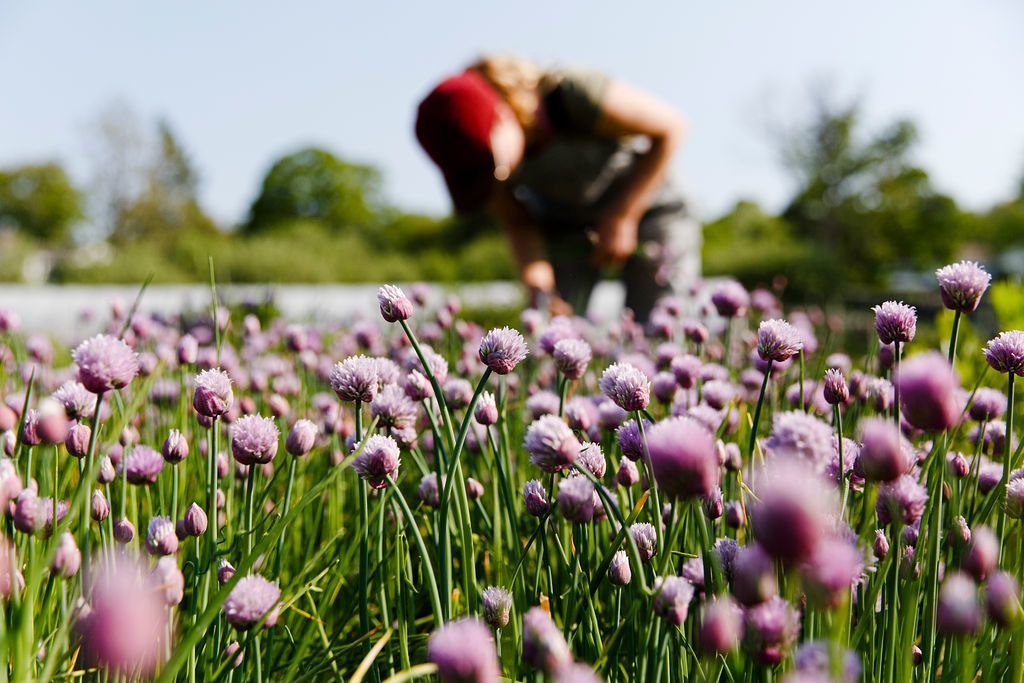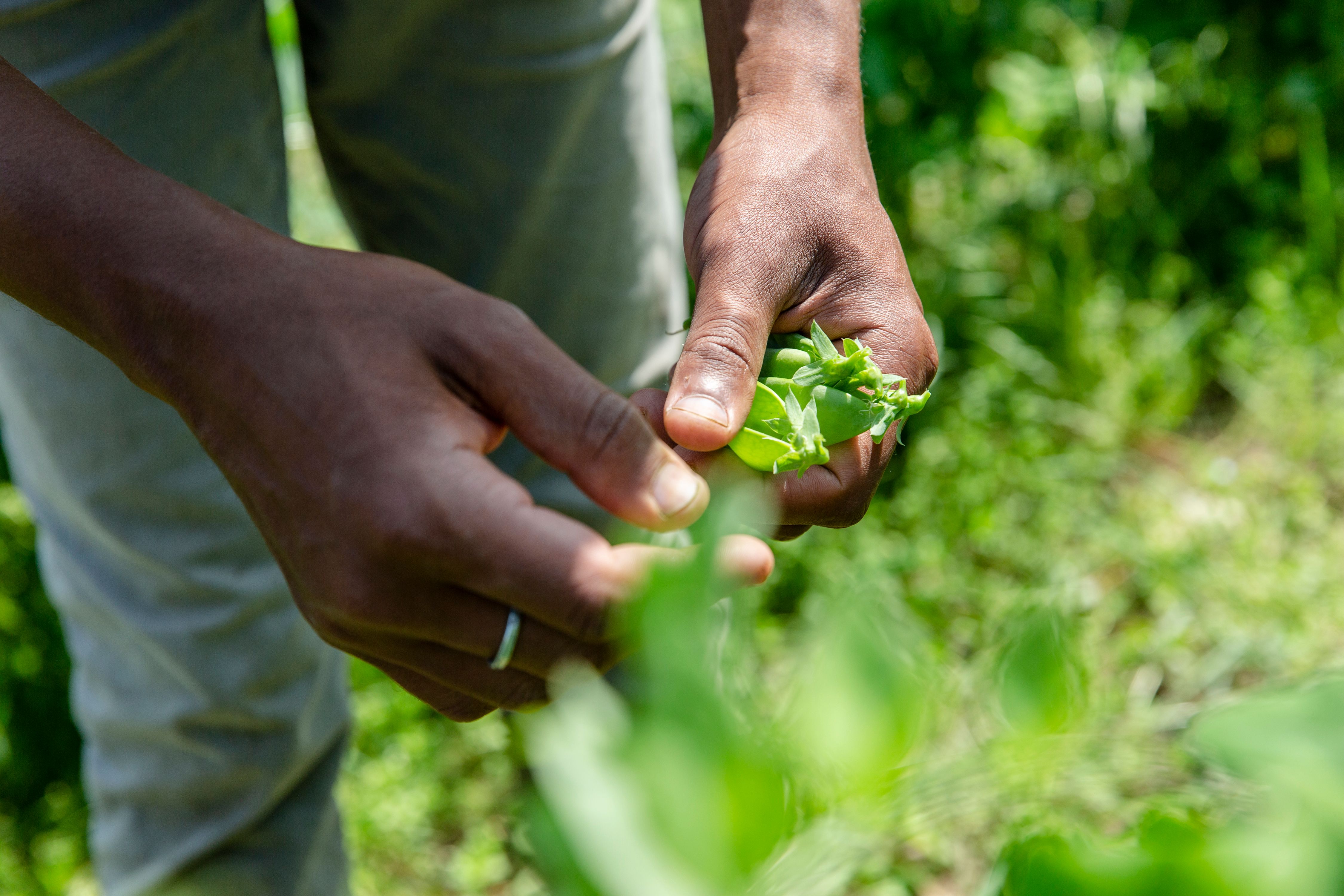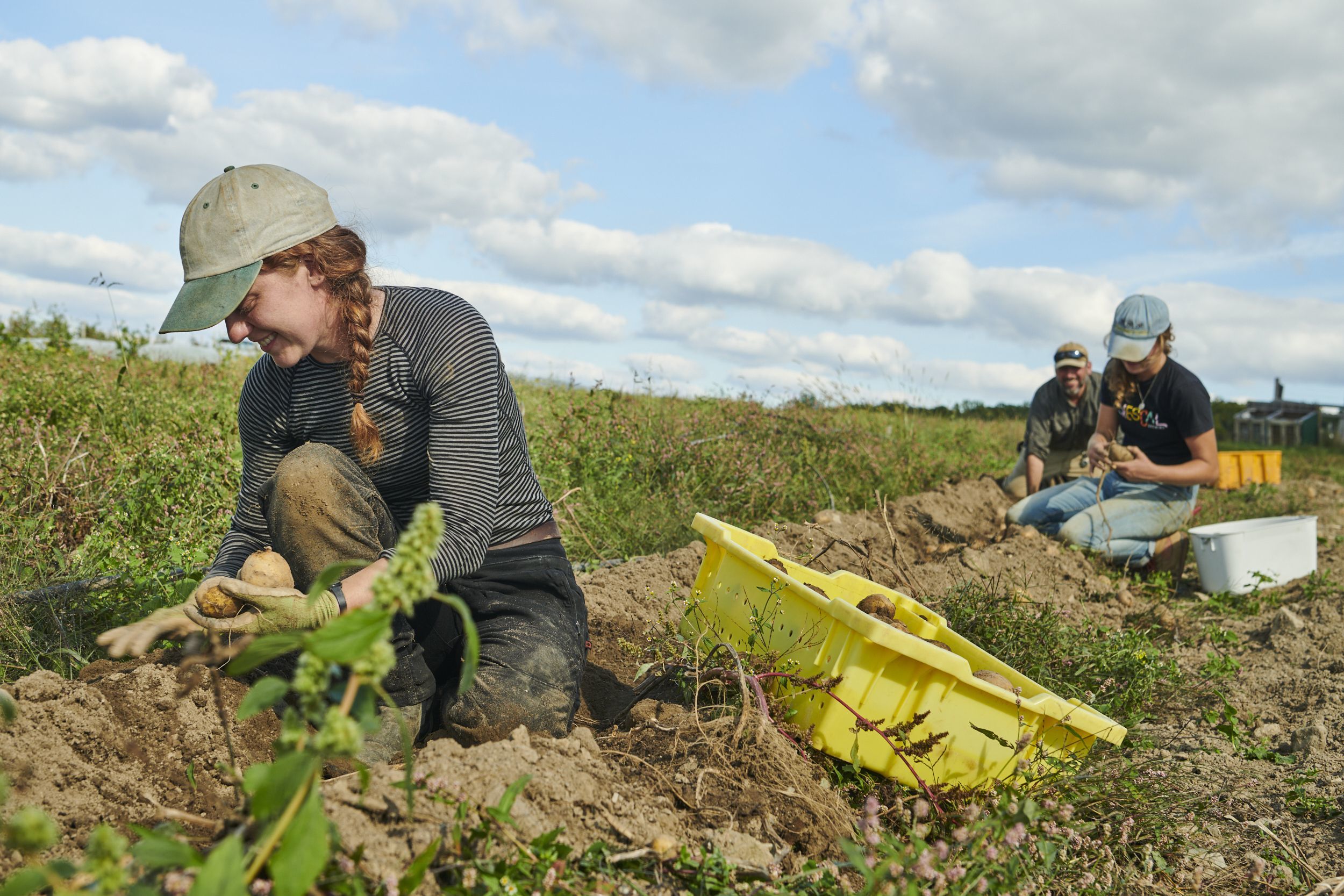

News & Notes
Through the serene hush of winter, Glynwood’s Multiflora Rose Thicket Restoration Project has continued behind the scenes. The ground, frozen and unyielding, patiently awaits the warmth of spring to resume its transformation. In this final installment of our restoration series, we share the behind-the-scenes preparations that promise a vibrant rebirth come April 2024.
Today, we highlight our dedicated community crew of five passionate individuals who have embarked on a transformative restoration project that goes beyond simply removing bushes and building a dead hedge.
In the third installment in our series on the Multiflora Thicket Restoration project, we highlight the remarkable efforts of our dedicated volunteers. With sweat-drenched brows and a shared commitment to environmental stewardship, the Hudson Valley community and our dedicated Glynwood crew have worked tirelessly to remove invasive species and help restore a more optimal environment for native plants.
In this update, we highlight the progress of the Multiflora Thicket restoration project, integrating ecological restoration with agricultural conservation practices. Restoration Agriculture aims to revive the ecological well-being of working landscapes by blending native and naturalized plant species to mimic native ecosystems. This approach delivers climate resilience benefits to farm operations while maintaining advantages such as biodiversity enhancement, water quality improvement, carbon sequestration, and wildlife support.
Last October, Colette Rossant—author, cooking teacher, restaurateur and a longtime friend of Glynwood—died at age 91 after a long and full life. Colette had a singular influence on Glynwood’s Regional Food Programs inspiring us to support the regional identity and food culture of the Hudson Valley through cultural exchanges and building markets for local products.
